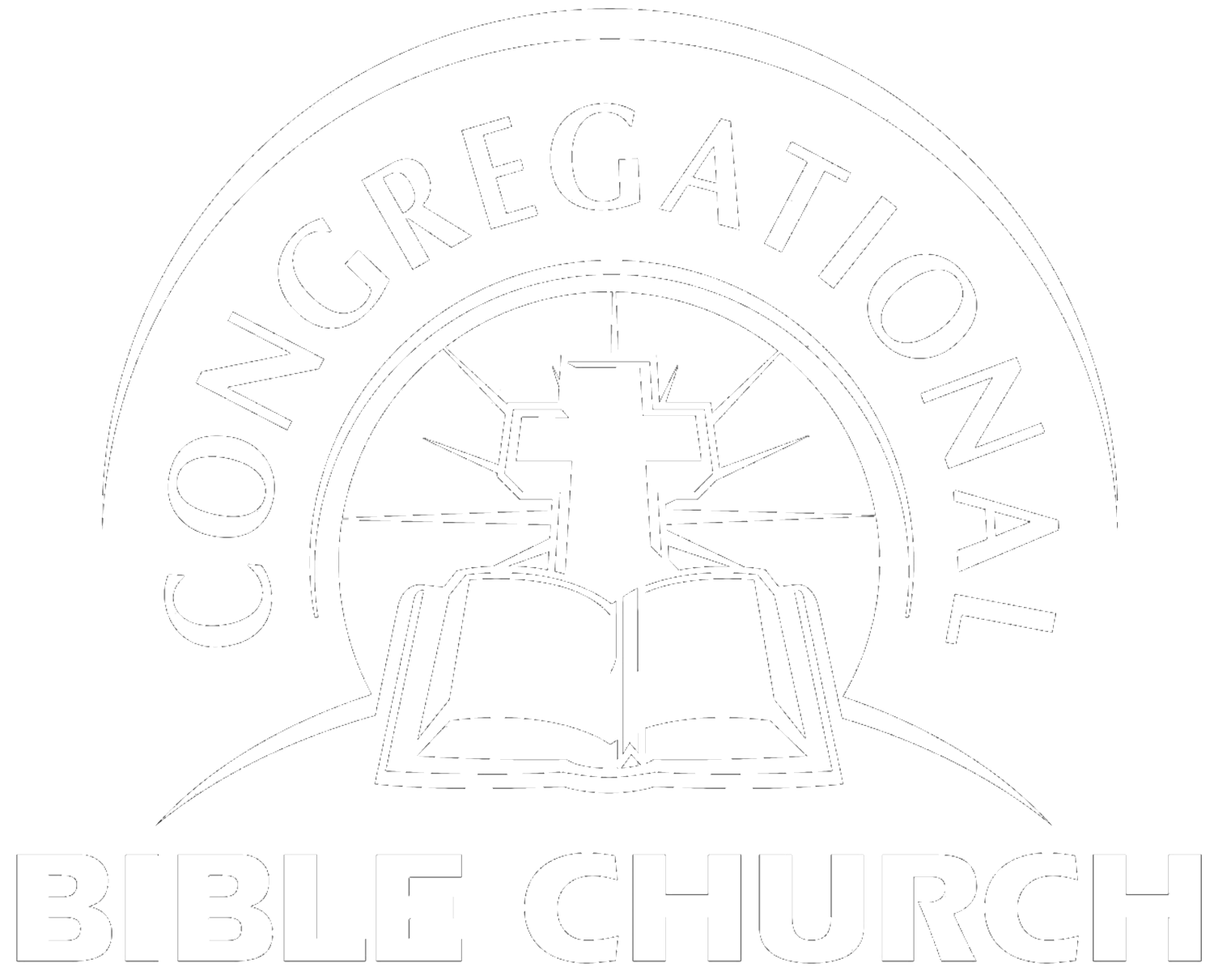I heard a wise man once say, “I know I have some areas of theology that are wrong, I just don’t know what they are yet.” There is much to dissect in that statement. First, the man obviously holds certain theological convictions. That is good and we should hold firmly to our convictions. But, at the same time, the man is admitting that he is humble enough to change his convictions, assuming a serious study of the Scripture leads him to that conclusion. And just to clarify, he was not referring to the cardinal doctrines of the Christian faith (like the deity of Christ), but the disagreements Christians have about other matters.
This month I want to press upon you a spirit of humility that we must bring when we engage in Bible study. Many of us have been raised in a certain denomination, or have a certain set of beliefs that have been passed down to us, and that is great! However, just because a belief has been held for a long time, doesn’t make it the right belief. We should have enough humility to approach the Scripture as our authority and let it dictate our theology and our convictions.
Let me give you an example. There was a man who had held a personal belief about baptism for his whole life. He had been raised and taught one certain position regarding baptism. But, after seriously looking at baptism passages in the Bible, this man changed his belief and went through the process of baptism with the conviction that this was what the Bible truly was teaching. That takes a tremendous amount of humility to buck tradition and let the Bible have its rightful place as the final authority. His new conviction was formed by humble Bible study.
The Bible is the ultimate authority on all matters of faith and practice and we must let the Bible have the final say in all areas of what we believe. When we do not let the Bible have the authority, then we make ourselves the authority. We say things like, ‘the Bible can’t mean that because that’s not what I believe.’ Or, ‘that theology cannot be right because it conflicts with how I do things.’ When we force the Bible to mean what we want, or ignore the weight of opposing arguments, we display a spirit of pride over the Scripture. Instead, a spirit of humility says, ‘have I been wrong on this? Let me check.’ One theologian said it like this, “men are too hungry to be masters of the Word, rather than be mastered by the Word.”
Now, I am not pushing for a continuous fluidity in theology; that all of your beliefs change all the time. We should have convictions and those should be firm. But, those convictions should be held with a measure of humility as well, that admits the possibility that we may have been incorrect.
Now, how do we do this? First, we need to engage the Bible with serious study. A verse here or there will not formulate strong convictions. You need to know your Bible. Second, we should interact with good books about the Bible. Commentators and scholars study Scripture and then write about their findings and give their conclusions. Our consideration, of even viewpoints that are not our own, will either illuminate us to where we have been wrong, or at the least give us firm resolve that what we believed was correct in the first place. It is possible to humbly interact with opposing theological views and see if their arguments hold water.
I commend to you the noble Bereans of Acts 17. When Paul came preaching Christ, it says they ‘examined everything to see if these things were so’ (Acts 17:11). Instead of just dismissing Paul’s preaching because it was different, they investigated and searched to see whether or not this was the true teaching of the Bible. Their study led them to see their previous view was wrong, they admitted it, and they changed their view. That is the spirit of humility we need to have when we come to study the Bible.


